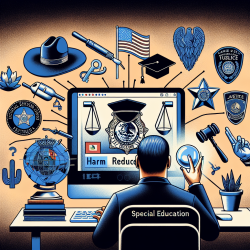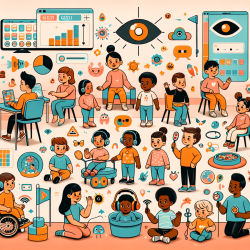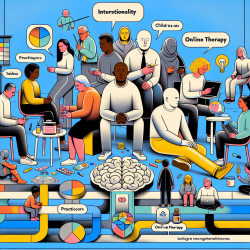Introduction
In the dynamic field of special education, practitioners must navigate a complex landscape of information, policies, and evolving educational needs. The research article "Managed Truth: The Great Danger to Our Republic" by Russell L. Blaylock provides a profound exploration of how information is curated and disseminated, highlighting the potential impact on democratic societies. This blog post aims to help practitioners enhance their skills by implementing insights from this research and encouraging further exploration of the topic.
The Role of Managed Truth in Education
The concept of "managed truth" refers to the selective presentation and manipulation of information to shape public perception. In the context of education, understanding this concept is crucial for practitioners who are responsible for imparting knowledge and fostering critical thinking among students. The research underscores the importance of accessing truthful information, as it directly influences decision-making and the ability to advocate effectively for students.
Implementing Research Insights
Practitioners can enhance their skills by adopting the following strategies:
- Critical Evaluation of Information: Develop the ability to critically assess the sources and content of information. Encourage students to question and analyze the information they receive, fostering a culture of inquiry and skepticism towards unchecked narratives.
- Promoting Media Literacy: Integrate media literacy into the curriculum to equip students with the skills to discern credible sources from misinformation. This empowers students to navigate the digital landscape responsibly.
- Encouraging Open Dialogue: Create an environment where diverse perspectives are welcomed and debated. This not only enhances understanding but also prepares students to engage in democratic processes thoughtfully.
Encouraging Further Research
Practitioners are encouraged to delve deeper into the subject of managed truth and its implications for education and society. By staying informed through conferences, publications, and webinars, educators can continuously refine their approach to teaching and leadership.
Conclusion
The research on managed truth provides valuable insights for practitioners in the field of special education. By critically engaging with information, promoting media literacy, and fostering open dialogue, educators can better prepare students to navigate a complex world. To read the original research paper, please follow this link: Managed truth: The great danger to our republic.










